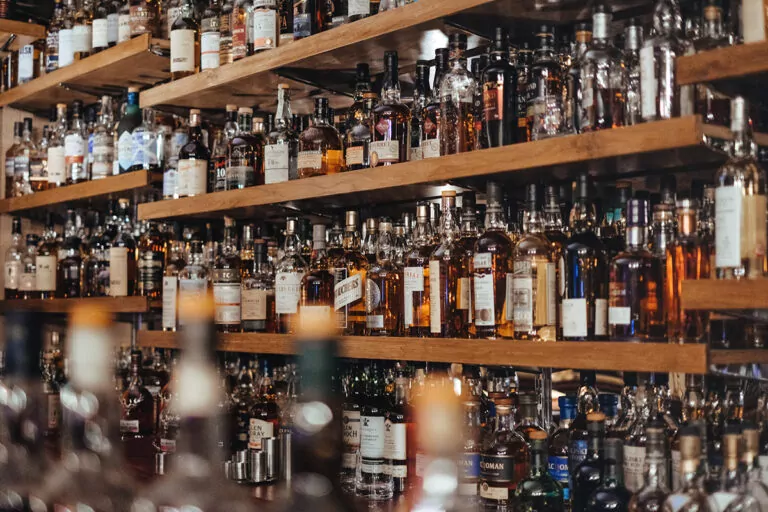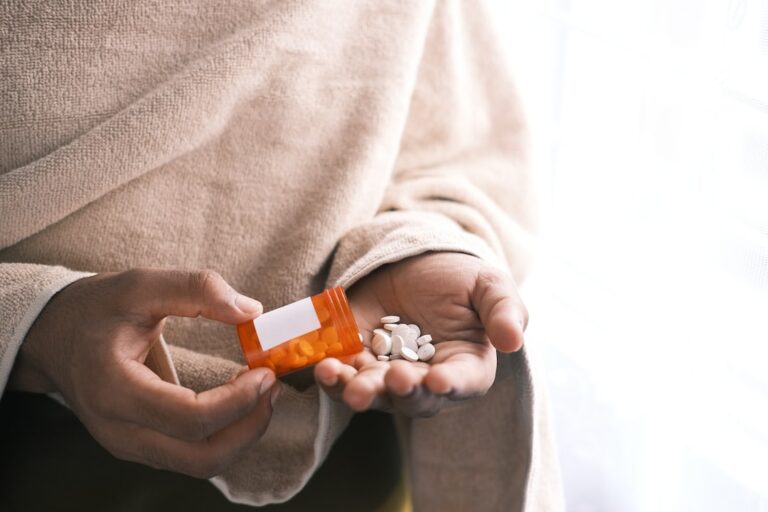The year 2020 will be remembered for the way the COVID-19 pandemic disrupted our lives. Many of us are dealing with the loss of normalcy. At the start of the year, nobody would have believed that seeing our friends and family would be something we would be denied. What’s more, some of us have lost our jobs, others are trying to keep businesses afloat. And for those who have lost a loved one to coronavirus, the grief is unimaginable. In these extenuating circumstances, it’s important to process grief and loss in healthy ways or it could lead to problems with addiction.
Older Adults and Unresolved Grief
Did you know that loss and grief can drive a person to drug and alcohol addiction? Given their age, it’s not uncommon for older Americans to be mourning the loss of a spouse or friends. But it might surprise you to learn that roughly 2.5 million older Americans have problems with drugs or alcohol. Widowers aged 75+ have the highest alcoholism rate in the U.S. The AARP reported that older adults misuse prescription painkillers more than any other drug. And researchers predict that the number of older adults needing treatment for addictions at Washington drug rehabs (and countrywide) will increase dramatically in the coming years.1
Difficulty Coping with Loss
Of course, grief and loss are not restricted to older individuals. One can experience these emotions at any age. But older Americans are at greater risk of suffering grief and loss because of retirement, the loss of a spouse, loss of friends and loved ones, and loss of independence due to deteriorating health. The loss of a sense of purpose, loneliness, and inability to do things that previously brought them joy can have devastating effects on mental health in this population. And for some, drugs and alcohol become a way to cope.
Studies show that group psychotherapy can help in social re-engagement and prevent older adults from turning to drugs or alcohol to deal with grief.2 But how can you tell when someone is struggling to cope with grief? Some of the signs that a person is having difficulty dealing with loss include:
Isolation and withdrawal: The person may stop meeting friends or calling on family members. They may lack the energy to socialize or participate in previously enjoyable hobbies and activities.
Mood changes: People who are having a tough time coming to terms with loss may be moody, lethargic, listless, and sad. They may have an uncontrolled temper and angry outbursts.
Sleep problems: Depression and grief often manifest as sleep disturbances, including sleeping too much or too little or feeling unrested after a night’s sleep.
Poor hygiene: When someone is unsuccessfully dealing with grief, they often stop taking care of themselves and let personal hygiene slip. This can manifest as an untidy or disheveled appearance, body odor, etc.
Do you have a loved one struggling with addiction?
We know how hard that can be. Give us a call to find out what options you have.
Health issues: Untreated grief can lead to depression, which in turn can lower immunity, increasing the risk of infections and other health problems. Unresolved emotions can manifest as chronic pain, prompting some people to misuse prescription pain medications.
Unresolved Past Trauma
Sometimes, a person struggles with processing loss or grief related to events way back in their past. For example, neglect or abuse during childhood can have an effect that lasts well into adulthood. Such individuals may be able to manage their grief for the most part, but the latest loss, for example, a divorce or the death of a spouse, can tip them over, upsetting their equilibrium and accelerating them toward substance abuse.
Dual diagnosis Washington drug rehabs provide treatment for mental health issues as well as addiction. Experts at these facilities can help uncover unresolved traumas. Concurrent addiction treatment and treatment for mental health issues such as depression can help such individuals develop healthy coping skills rather than turning to alcohol or drugs.
Social Bonds and the Human Race
When you look at the history of humankind, one of the reasons for our evolutionary success and us becoming the dominant species on planet earth is our ability to form social bonds and connections. Yet, this is also our Achilles heel in terms of vulnerability to mental illness and addiction.
Researchers have studied the stages of grief and the stages of addiction recovery and found there is a shared pathological process and brain biology between the two. This underscores the need to provide integrated and simultaneous treatments for both conditions, mental illness and addiction.3
Treatment for Unresolved Grief, Depression, and Addiction
Top-rated Washington drug rehabs offer comprehensive evaluation and treatment for mental health problems and addiction. This type of holistic approach is necessary to understand whether unresolved grief or early traumatic experiences are playing a role in substance abuse. For instance, a person who is stuck in the grieving process can become depressed and use drugs or alcohol to escape from these difficult emotions.
Experts at Washington drug rehabs use several treatment modalities, such as psychotherapy (cognitive behavioral therapy and others) and medication management, to help identify triggers for substance use. Patients learn to overcome unresolved grief, depression, and addiction in healthy ways. The goal is to move the person away from negative thoughts and dysfunctional grieving to a new way of thinking so that they can rekindle the desire to live a healthy, happy life.




